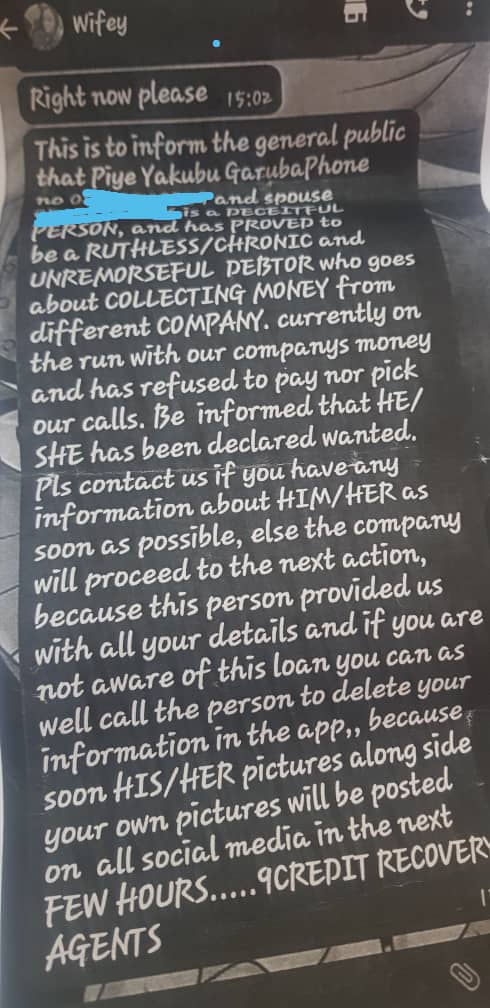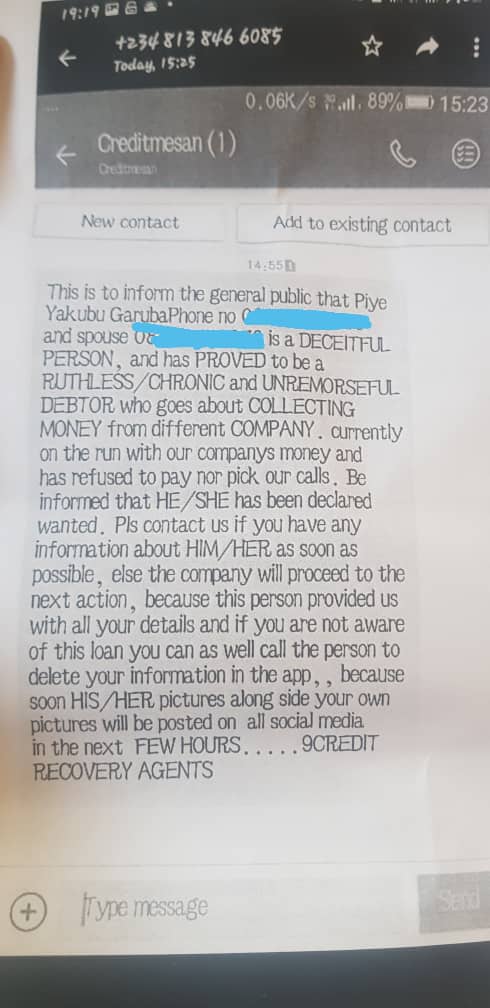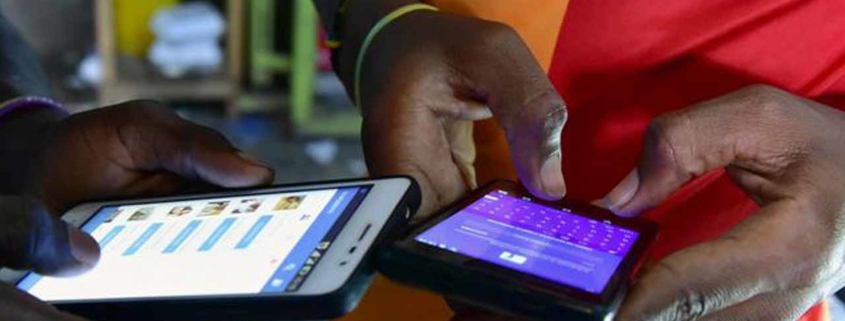Beware, Hackers Can Steal Your Car Through Radio Frequency, NCC Warns Nigerians
Hackers have now found a means to compromise the security of vehicles by unlocking and starting their engines wirelessly with the intention of stealing.
The Nigerian Communications Commission (NCC) disclosed this on Sunday to alert Nigerians on the ongoing cyber-vulnerability.
The regulator explained that car remotes are categorized short range devices that make use of radio frequency (RF) to lock and unlock, hence hackers take advantage to unlock and start a compromised car.
The Computer Security Incident Response Team of the NCC, said, “the vulnerability is a Man-in-the-Middle (MitM) attack or, more specifically, a replay attack in which an attacker intercepts the RF signals normally sent from a remote key fob to the car, manipulates these signals, and re-sends them later to unlock the car at will.
“With this latest type of cyber-attack, it is also possible to manipulate the captured commands and re-transmit them to achieve a different outcome altogether.
“Multiple researchers disclosed a vulnerability, which is said to be used by a nearby attacker to unlock some Honda and Acura car models and start their engines wirelessly.”
It said that the attack consists of a threat actor capturing the radio frequency (RF) signals sent from your key fob to the car and resending these signals to take control of your car’s remote keyless entry system.”
Advising the public, the NCC provided some precautionary measures that can be adopted by car owners to prevent falling victim to the attack.
The NCC said, “When affected, the only mitigation is to reset your key fob at the dealership. Besides, the affected car manufacturer may provide a security mechanism that generate fresh codes for each authentication request, this makes it difficult for an attacker to ‘replay’ the codes thereafter.
“Additionally, vulnerable car users should store their key fobs in signal-blocking ‘Faraday pouches’ when not in use.
“Importantly, car owners in the stated categories are advised to choose Passive Keyless Entry (PKE) as opposed to Remote Keyless Entry (RKE), which would make it harder for an attacker to read the signal due to the fact that criminals would need to be at close proximity…







